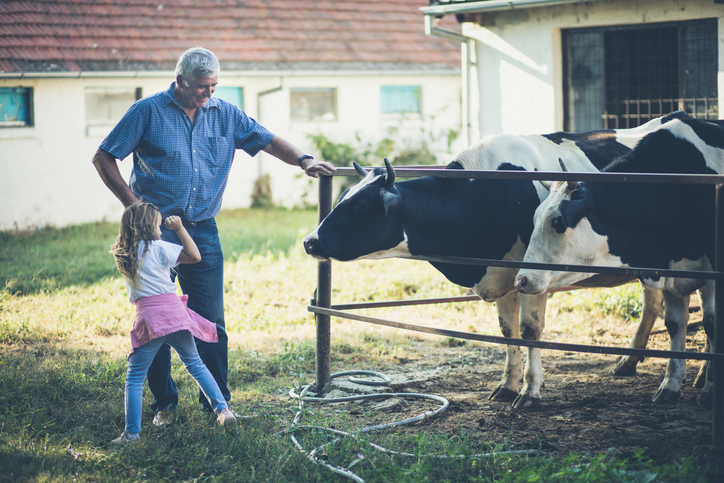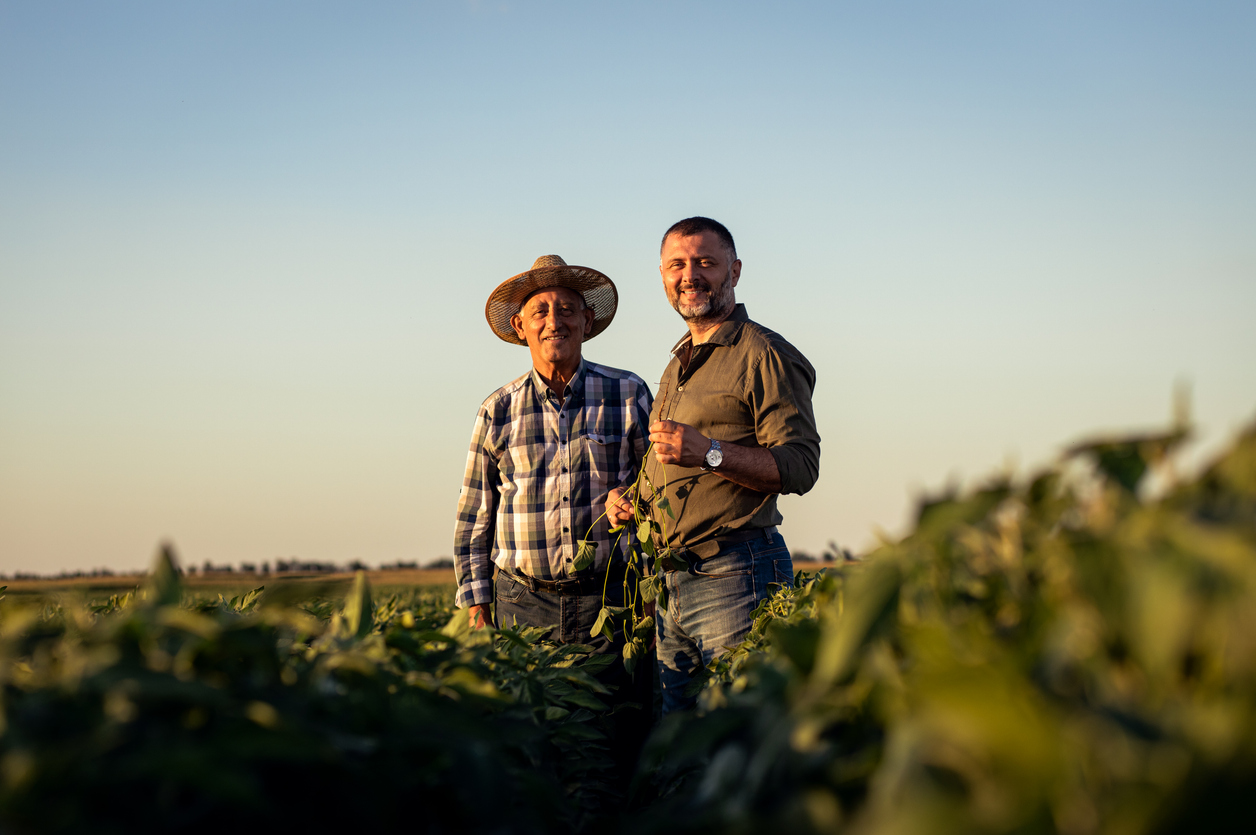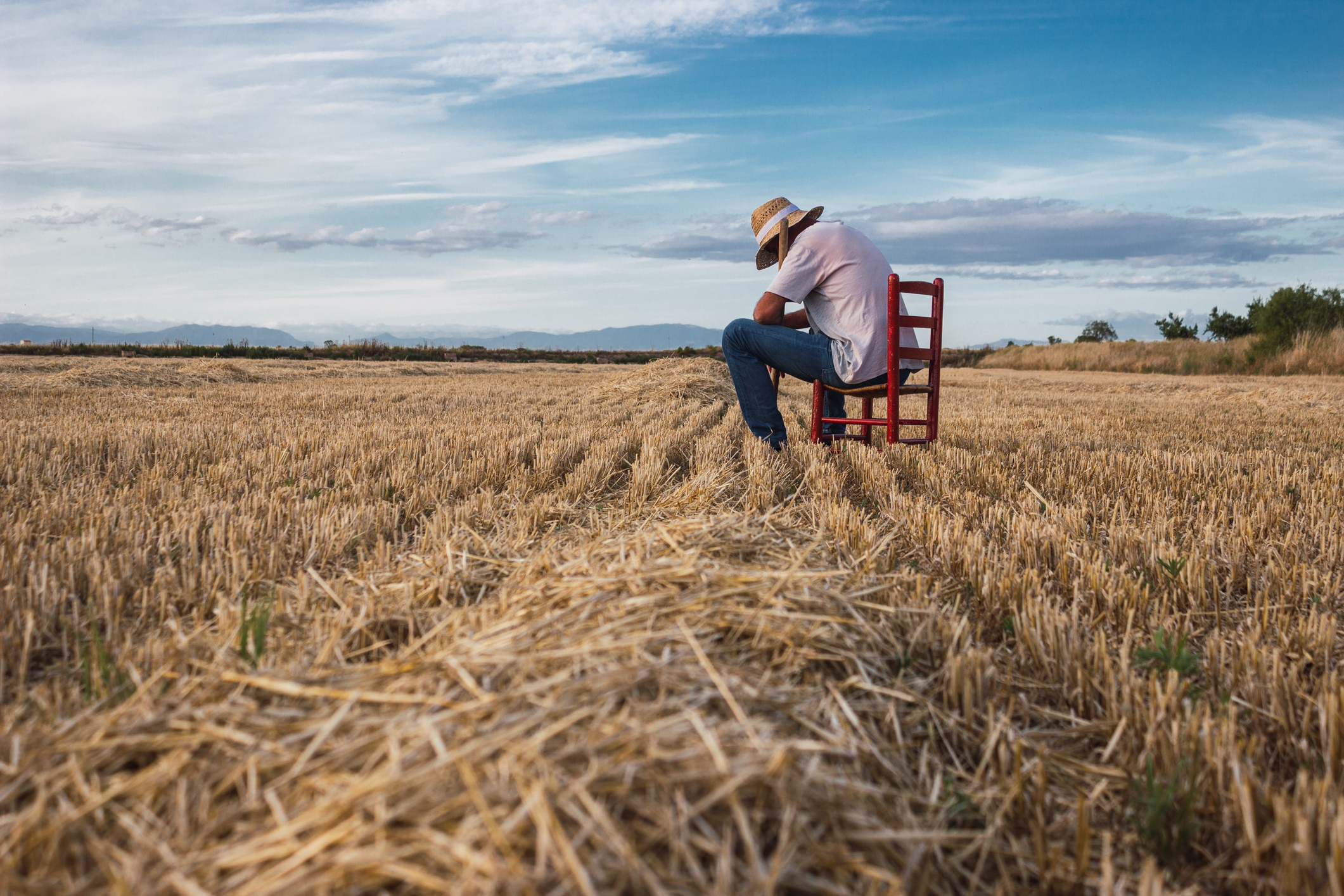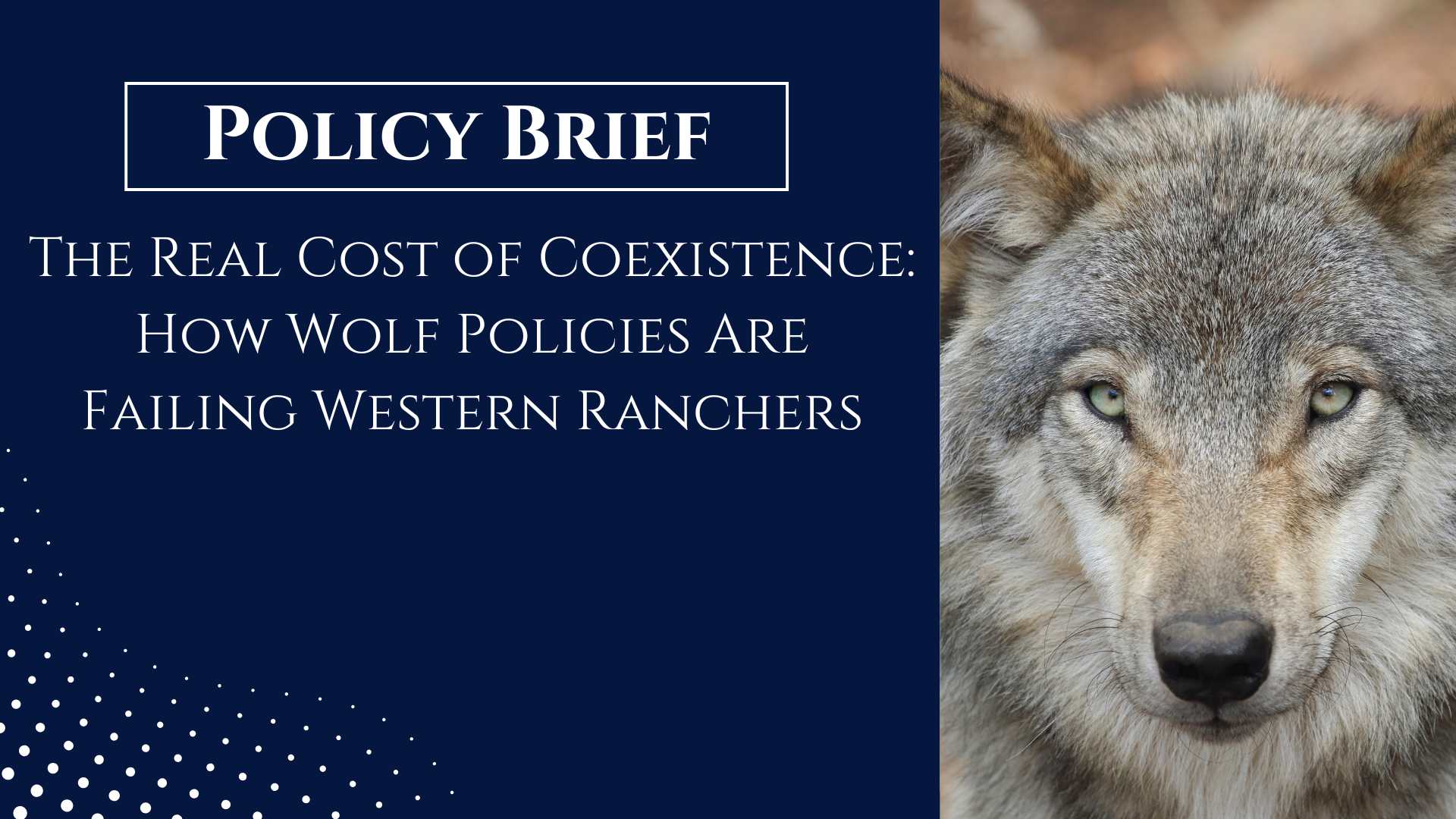How do you counter feelings with facts?
It’s difficult.
For years, anti-farm groups have used feelings to spread negative messages about agriculture. Whether it’s a discussion of PETA’s long history of attacks on agriculture or Panera’s message of “clean” food or Chipotle’s campaign against conventionally raised beef, pork, and chicken, those national discussions have been injected into the Washington state legislative session.
Legislation to ban the lethal removal of problem predators, to require mandatory reporting of “slavery” in agricultural labor practices, and the continued pushing of misinformation about taxes and environmental impacts, are all discussions that have occurred in Olympia this session.
The problem with these proposals is that they represent policy based upon feelings, not facts.
For example, management of apex predators provides a needed boost to the ecosystems in which those predators live and hunt. Wolves, in particular, can be prolific breeders when there are abundant food resources available. Couple abundant food supply with a lack of management and you may have a population explosion.
However, the argument for uncontrolled increases in the gray wolf population in Washington state boils down to a single feeling: gray wolves are majestic parts of the ecosystem that should be allowed to roam unchecked.
Legislation aimed at monitoring slavery in the agricultural supply chain touched on another set of feelings. Consumers want to know their food was produced with humanity and that no one was enslaved in that production process.
It is a noble ideal and one that farmers and ranchers in our state strive for every day.
However, the legislation ignored some critical information, particularly that slavery and human trafficking are already illegal across the United States in two ways. First, via the 13thAmendment and, second, by individual state statutes.
Farmers and ranchers are responsible for the production of 300 commodities in our state. The marketing of those 300 commodities represent 164,000 jobs and $10.6 billion in revenue for Washington.
Agriculture makes up approximately 12 percent of the overall economy in our state and is second only to aerospace as a leading industry.
With nearly 40,000 farms and ranches in Washington, more than half of which are less than 50 acres in size, it is time for the legislature to get serious about listening to the people who produce their food.
We need facts, not fear, guiding decisions about agriculture in Washington state. It would be difficult to find a group of people who are more committed to the proper care and stewardship of workers, land, water, livestock, and other natural resources than farmers and ranchers.
Farmers and ranchers rely on their land, access to good water, healthy livestock, and properly cared for other natural resources to do more than run their businesses, they need those resources to feed their families and yours.
Without agriculture, Washington would miss about on approximately $6.7 billion in exports, $20.1 billion in food processing and manufacturing, and 170 farmers markets providing fresh produce to 121 communities across the state.






